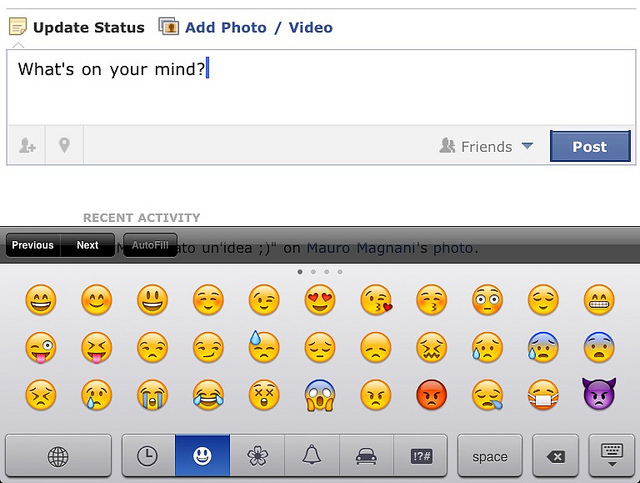
Startling Differences in Facebook Use Between Religious and Non-Religious
- By Nathan Glover --
- 01 Sep 2017 --

There have been numerous studies done to illustrate the differences and shared traits between atheists and religious people. For instance, a study published in 2013 in the Journal of Social Psychological and Personality Science revealed Christians seemed happier on social media platforms like Twitter compared to Atheists. This judgment was based on the words each group used. It was also found out Atheists tend to use swear words more often.
Startling Differences in Facebook Use Between Religious and Non-Religious[/tweetthis]
A new study in the same journal, conducted by researchers from the University of Pennsylvania, sought to find out if there was a difference between religious and non-religious people when it came to posting Facebook statuses.
The data researchers used to evaluate the differences between religious and non-religious people came from an app called MyPersonality. While the app is no longer operational, the data collected still exists, and it was this that was used to come up with rather interesting results.
The team was able to break down the differences between the two groups in words used in crafting their Facebook statuses using two types of analyses. The two approaches were a “top-down” approach and a “bottom-up” analysis. The top down approach (the Linguistic Inquiry and Word Count-LIWC) used word groups that had been chosen by researchers. The bottom up approach (The Differential Language Analysis- DLA) used an algorithm to group the words and was deemed to be the more transparent method.
It was discovered that religious people use more religious words such as ‘prayer,’ ‘church’ and ‘blessing.’ They were also more likely to use positive words such as ‘love’ and ‘family.’ On the other hand, Atheists were more likely to use words in the anger category such as ‘hate’ and also use more swear words than the religious group. David Yaden, the lead author of the study also noted that “non-religious-individuals make more frequent mention of the body and of death than religious people.”
Some of the limitations of the study included the fact that participants did not indicate their degree of religiosity and the fact that self-censorship might have played a role in obscuring results that would have been obtained from other, more neutral data sources.


















